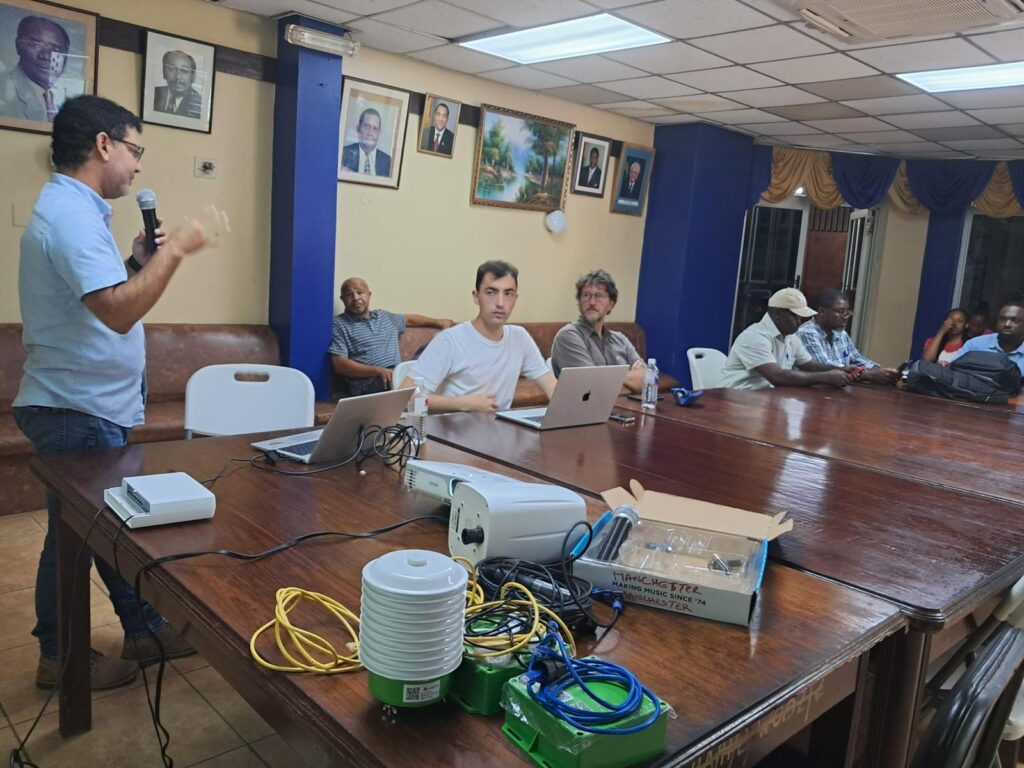Easing End-of-Life Decisions in India: A New Era of Patient Choice and Technological Support

India's approach to end-of-life care is undergoing a significant transformation. From initial hesitant steps guided by judicial rulings, the country is moving towards a system that prioritizes patient autonomy and utilizes technology to streamline the process of passive euthanasia. This evolution promises greater clarity and support for individuals and their families facing difficult decisions.
The Historical Context: A Cautious Beginning
For years, the legal landscape surrounding euthanasia in India was complex and uncertain. Early rulings by the Supreme Court, while acknowledging the right to a dignified death, proceeded cautiously, primarily addressing cases where patients were in a persistent vegetative state and unable to express their wishes. These rulings laid the groundwork but lacked a comprehensive legal framework.
The Rise of Advance Directives: Empowering Patients
A pivotal shift occurred with the introduction of the concept of advance directives, also known as living wills. These legally binding documents allow individuals to specify their wishes regarding medical treatment in advance, ensuring their preferences are respected even if they become incapacitated. The recent enactment of legislation recognizing advance directives marks a crucial step towards patient-driven end-of-life care.
Technology's Role: Streamlining and Ensuring Compliance
However, simply having advance directives isn't enough. Effective implementation requires a robust system to record, verify, and execute these directives. This is where technology can play a vital role. Imagine a secure, digital platform where individuals can create and store their advance directives, accessible to authorized medical professionals. Such a system could:
- Ensure Accessibility: Provide quick and reliable access to directives in emergency situations.
- Verify Authenticity: Employ biometric authentication or other security measures to prevent fraud and ensure the directive is genuine.
- Facilitate Communication: Automate notifications to designated family members and healthcare providers, keeping them informed of the patient's wishes.
- Provide Guidance: Offer educational resources and support to help patients and families understand the implications of advance directives.
Challenges and Future Directions
Despite the progress, challenges remain. Public awareness of advance directives is still low, and there's a need for widespread education campaigns. Moreover, ensuring equitable access to technology and digital literacy across all socioeconomic groups is crucial. Legal frameworks must also be clarified to address potential ambiguities and ensure consistent interpretation of advance directives.
The Path Forward: A Dignified and Informed End
The future of end-of-life care in India looks promising. By embracing technology and empowering patients through advance directives, the country can move towards a system that prioritizes dignity, autonomy, and informed decision-making. This evolution is not just about legal frameworks; it’s about fostering a culture of compassion and respect for individual choices at the end of life. Further development and implementation of secure, user-friendly digital platforms will be key to realizing this vision, ensuring that individuals have the agency to shape their final moments with peace and clarity. The focus should be on creating a system that is both technologically advanced and deeply human-centered.


:max_bytes(150000):strip_icc():focal(762x368:764x370)/american-airlines-file-image-la-guardia-new-york-052424-384ca3d469c5479e99fa23906e4325ab.jpg)



